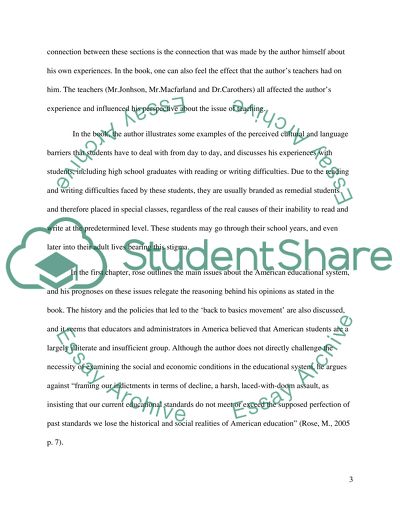Cite this document
(“Critical Reading Reflection Essay Example | Topics and Well Written Essays - 2000 words”, n.d.)
Retrieved from https://studentshare.org/english/1434469-critical-reading-reflection
Retrieved from https://studentshare.org/english/1434469-critical-reading-reflection
(Critical Reading Reflection Essay Example | Topics and Well Written Essays - 2000 Words)
https://studentshare.org/english/1434469-critical-reading-reflection.
https://studentshare.org/english/1434469-critical-reading-reflection.
“Critical Reading Reflection Essay Example | Topics and Well Written Essays - 2000 Words”, n.d. https://studentshare.org/english/1434469-critical-reading-reflection.


